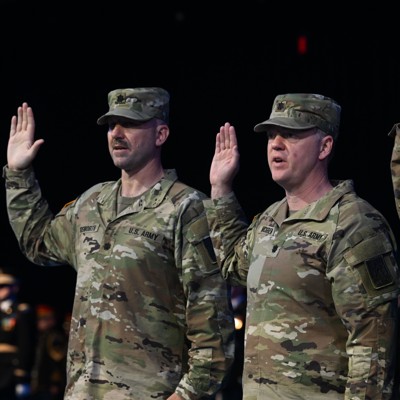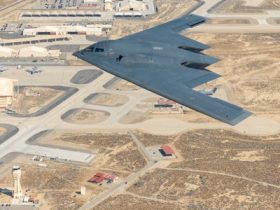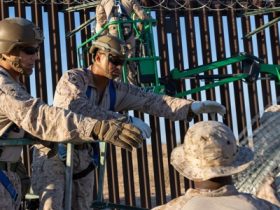Four of the Army’s newest Reserve lieutenant colonels are a few weeks out from finishing training, after which they’ll put on the uniform for one weekend a month and dedicate their time to advising the Army on “rapid and scalable tech solutions to complex problems,” according to a June news release.
In theory, anyway.
Though four recently commissioned Silicon Valley leaders are set to graduate from Fort Benning’s direct commission course and join Detachment 201, the Executive Innovation Corps, an Army official told Defense One, there is little detail available about what they’ll be working on or how they’ll be expected to conduct themselves while they represent the Army.
“There isn’t an answer yet,” the official said when asked which projects members will work on.
The first round of detachment members include Shyam Shankar, Palantir’s chief technology officer; Andrew Bosworth, Meta’s CTO; Kevin Weil, OpenAI’s chief product officer; and Bob McGrew, an advisor at Thinking Machines Lab and OpenAI’s former chief research officer.
They’ve joined the Army as Individual Mobilization Augmentees, which means they go through a four-week training and they go active one weekend a month, but they don’t report to a specific unit on a local post like other reservists.
“The overall objective of the IMA program is to facilitate the rapid expansion of the Active Army wartime structure of the department of defense and/or other departments or agencies of the U.S. government to meet military manpower requirements in the event of military contingency, pre-mobilization, mobilization, sustainment, and / or demobilization operations,” according to the service’s website.
In this case, the innovation corps tapped leaders from companies the Defense Department has contracted with in the past.
“They’re not making acquisition decisions. They’re not senior decision-makers, they’re not senior leaders—they’re lieutenant colonels,” Army spokesman Steve Warren said last month. “It’s not in our interest to show any favoritism to a company—that would be the exact opposite of what we’re trying to do, right? What we want is competition. What we want is the best to emerge. That’s what we’re looking for. These guys will help us think about that.”
The service’s lawyers will hammer out what’s a conflict of interest, Warren said.
Once projects are assigned, the official said, members of the detachment will individually figure out what their work days will look like and how they’ll be supervised.
IMAs are required to adhere to Army height-weight standards, pass a physical fitness exam, and complete required annual training.
The original four members could soon be joined by more recruits, as the applications come in from the public website.
But specifics about how many applications have come in and how many civilians are under consideration to join the innovation corps aren’t available, the official said.
Read the full article here








Leave a Reply